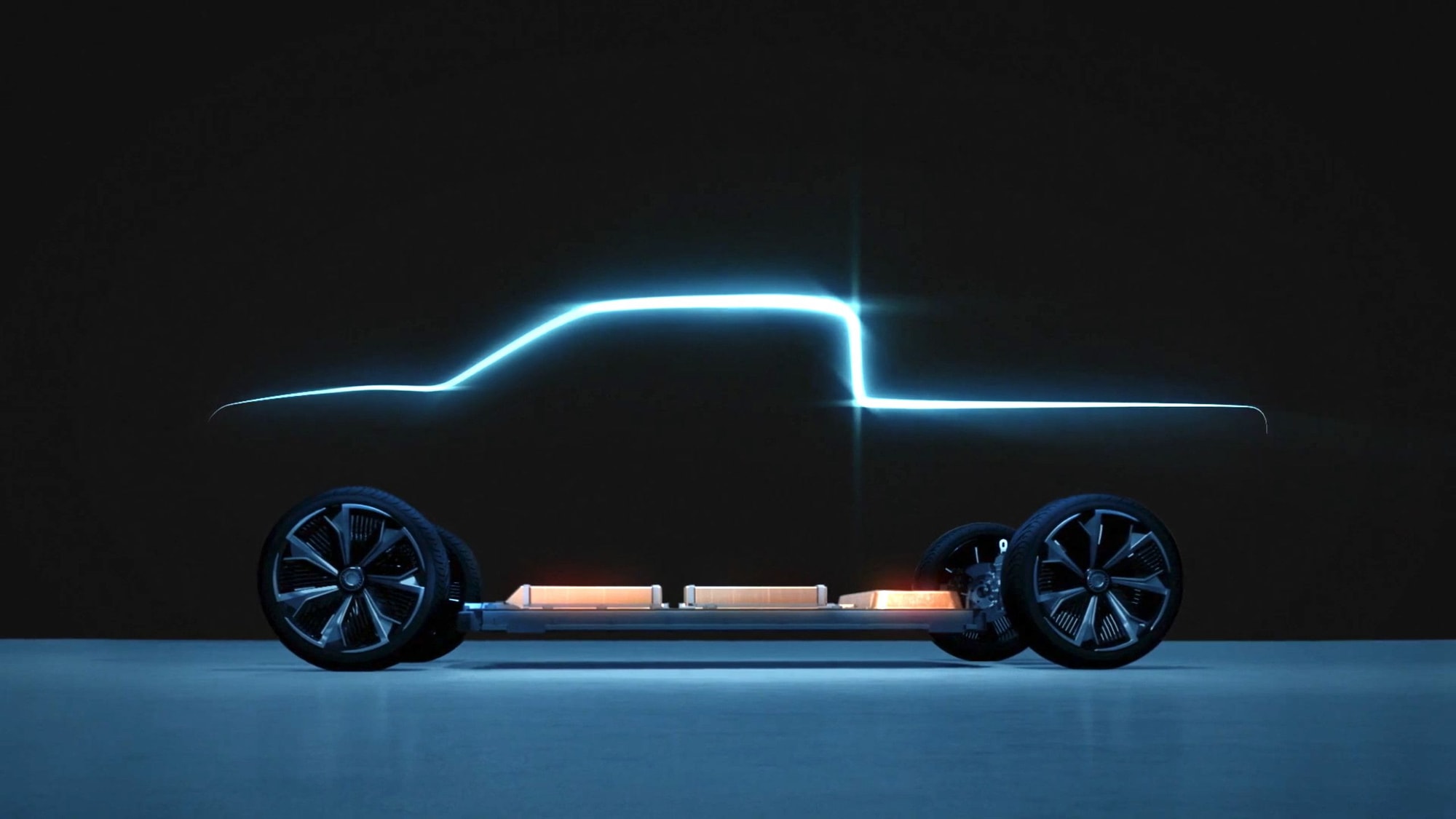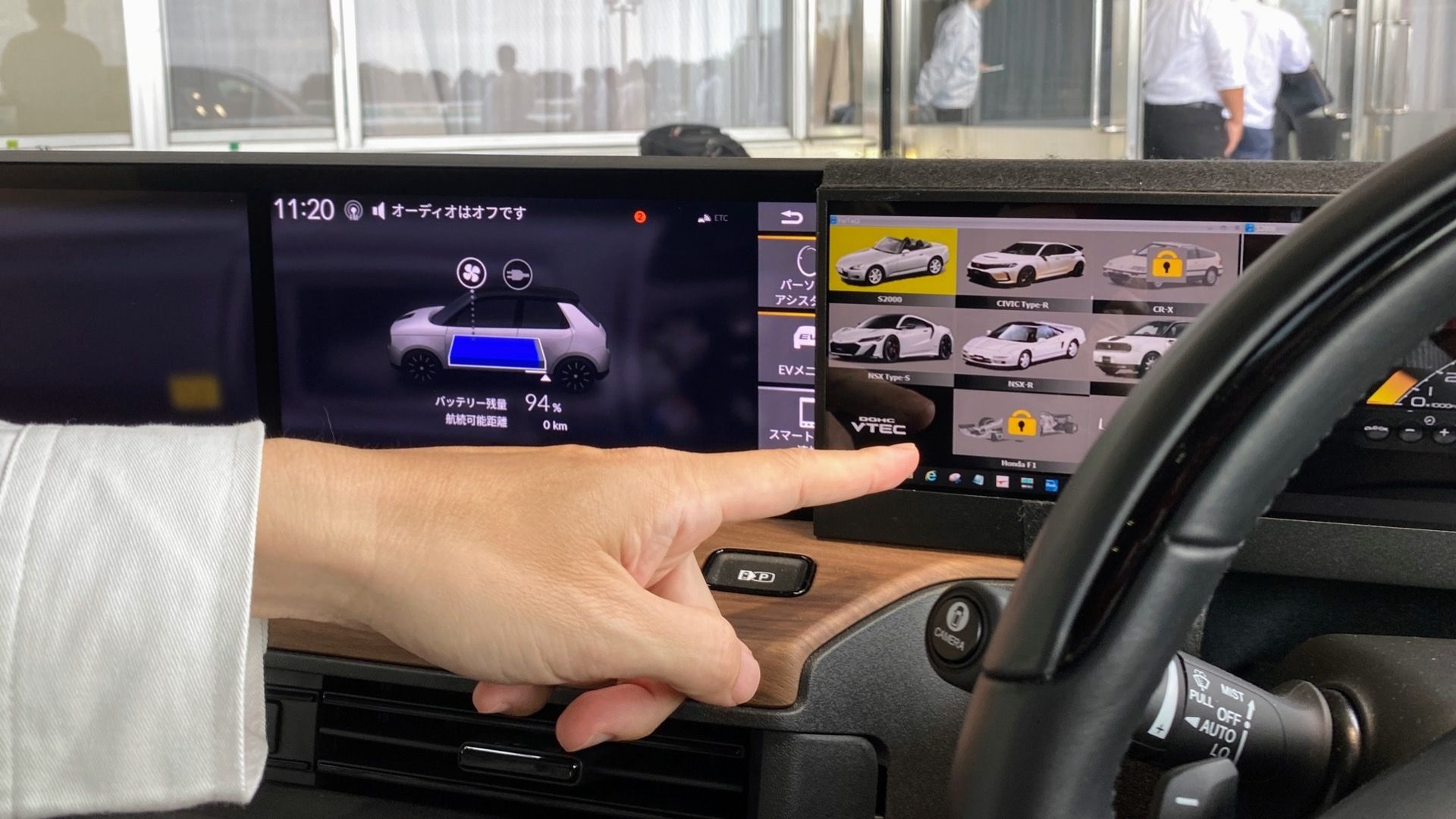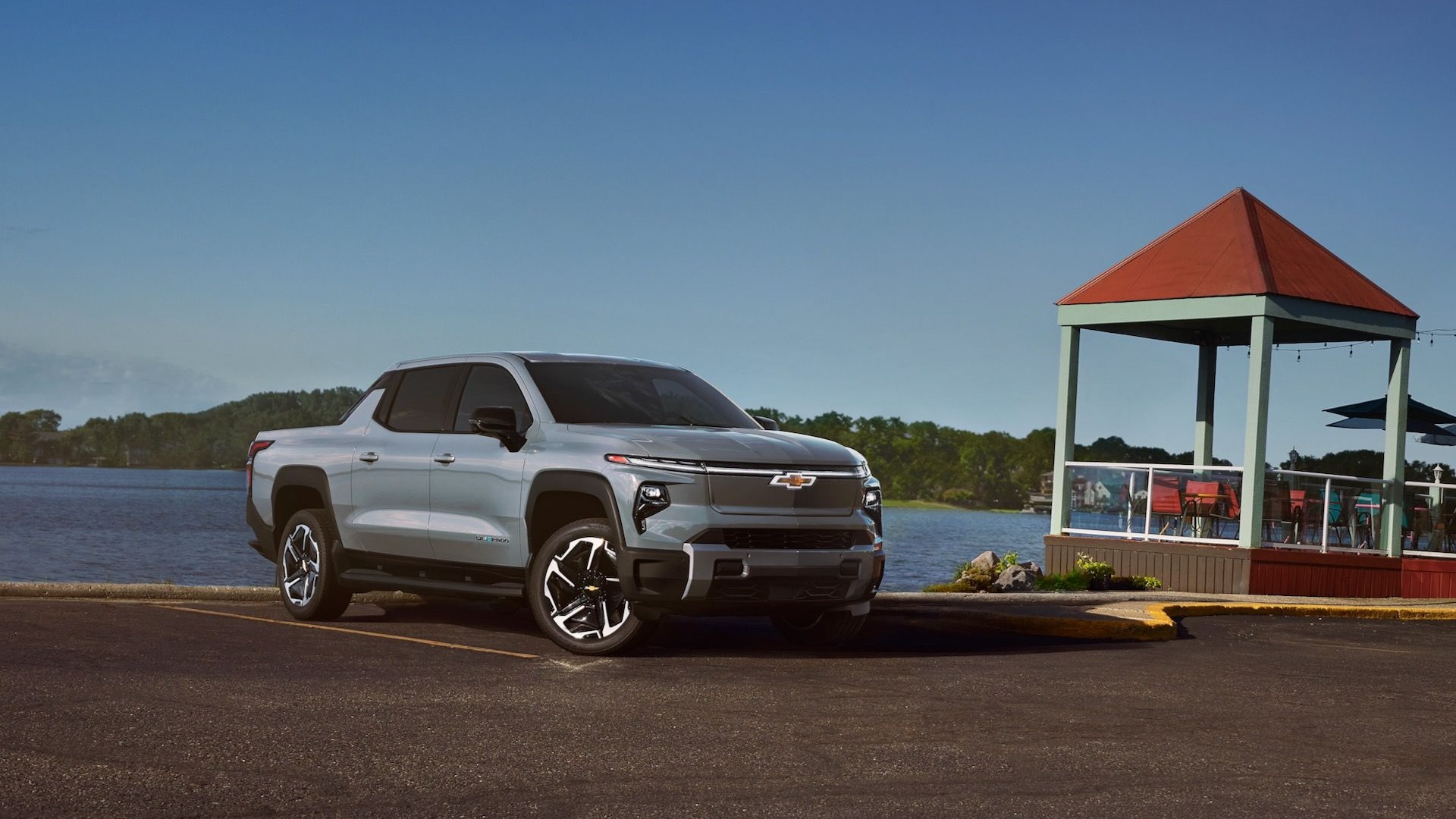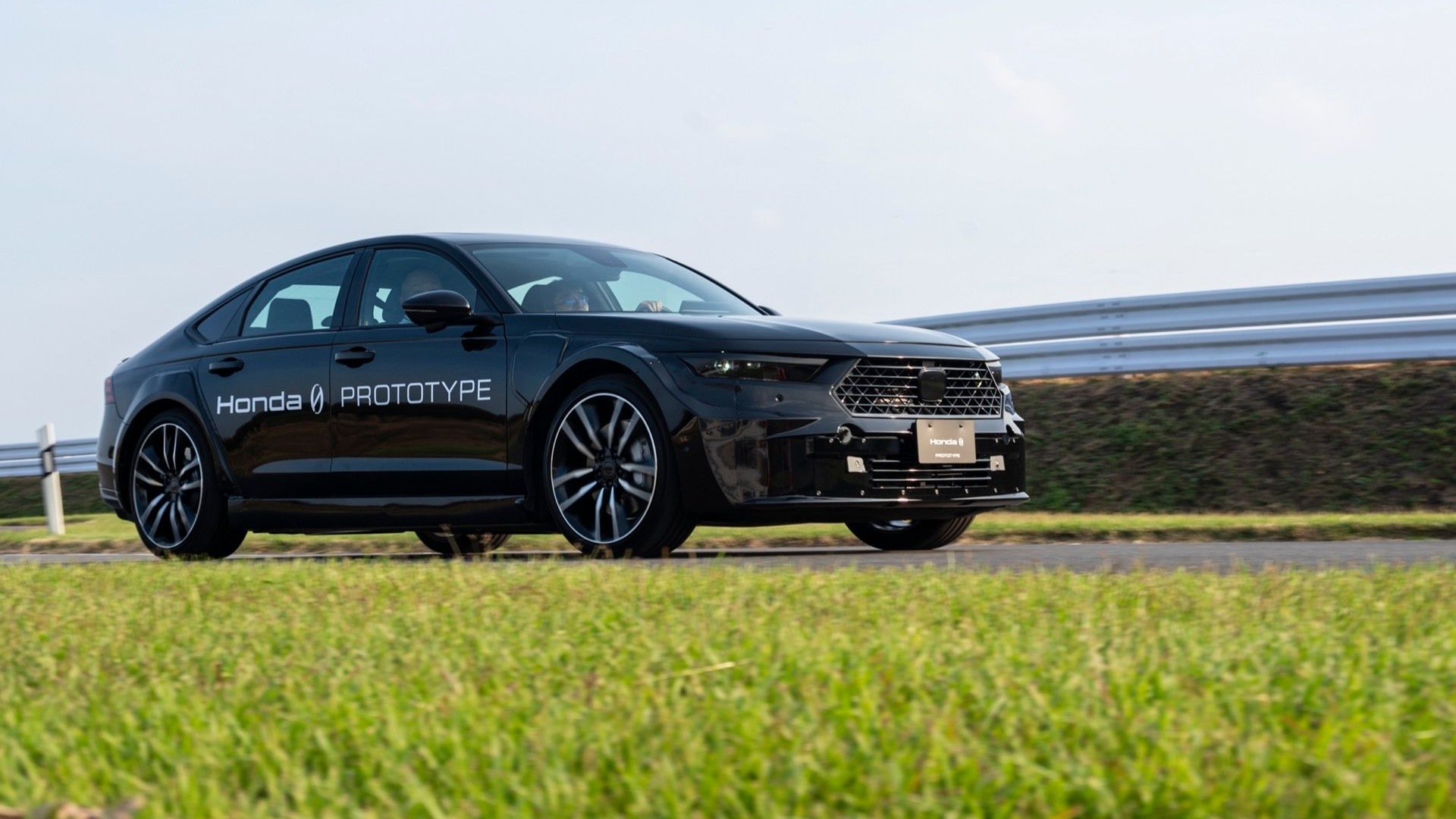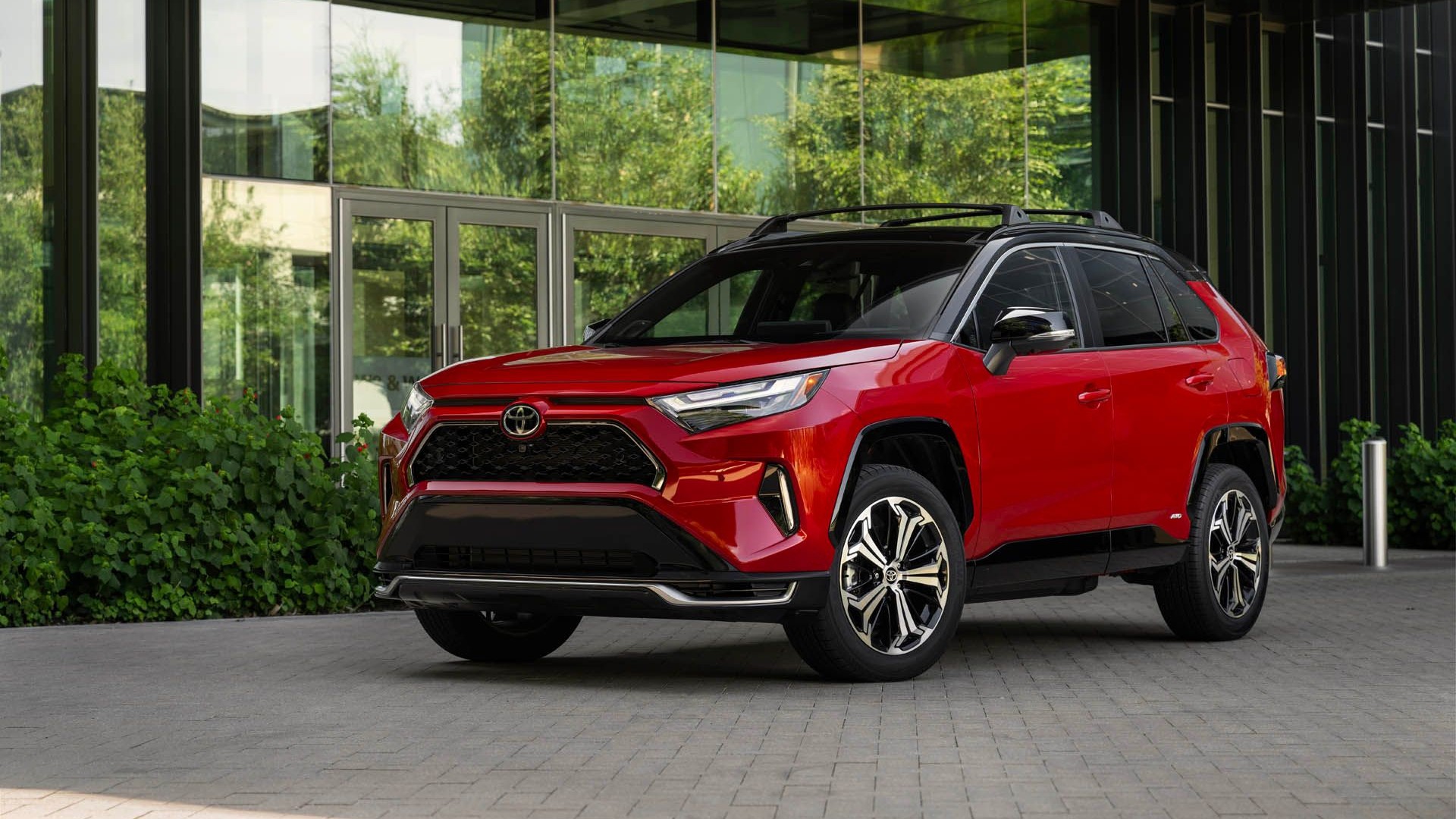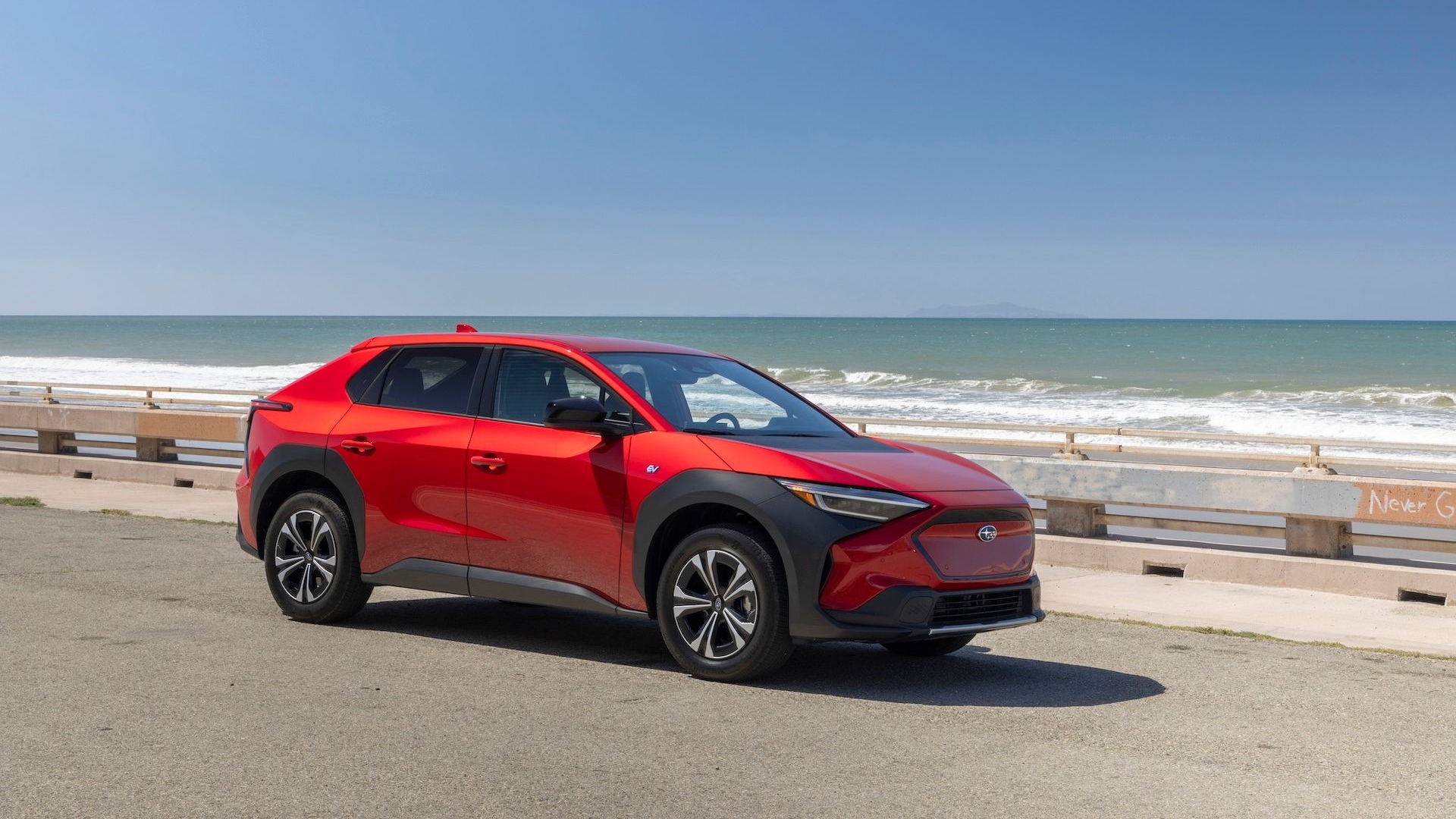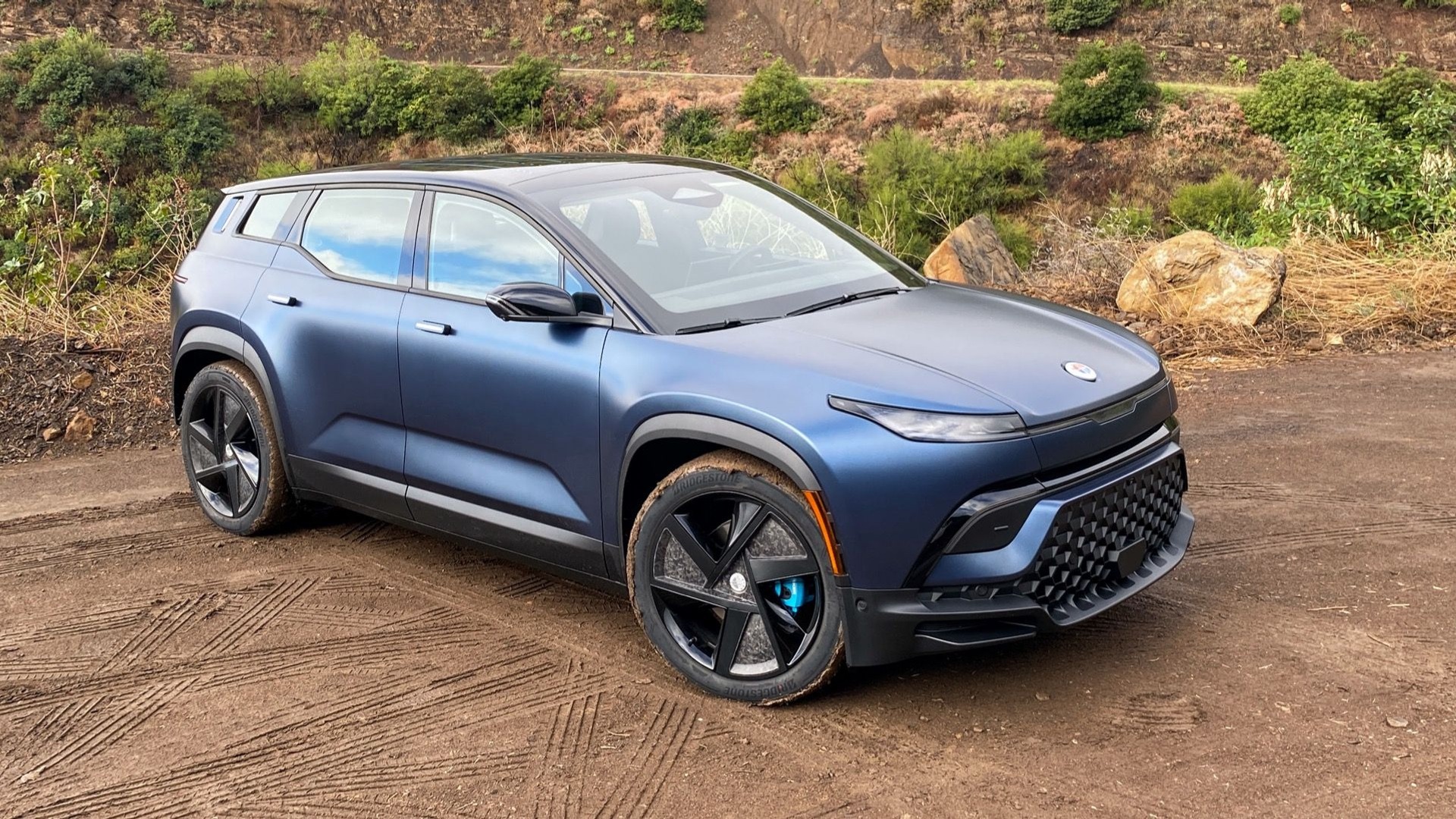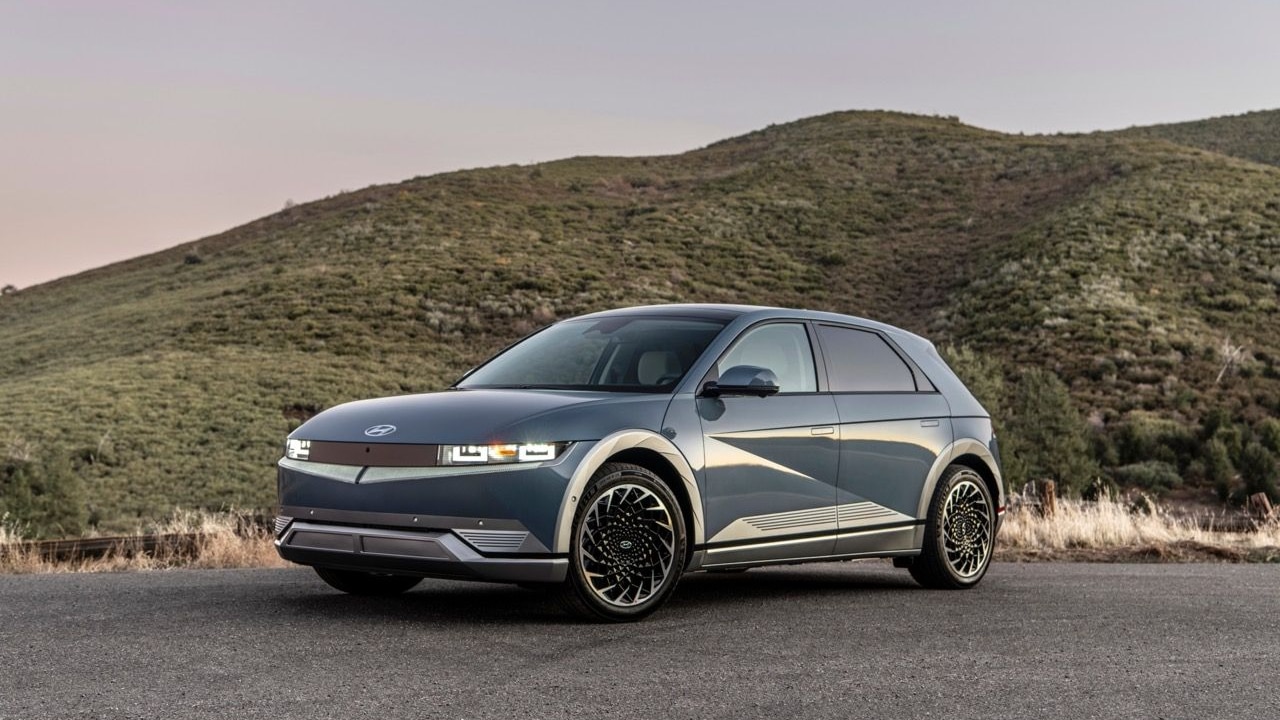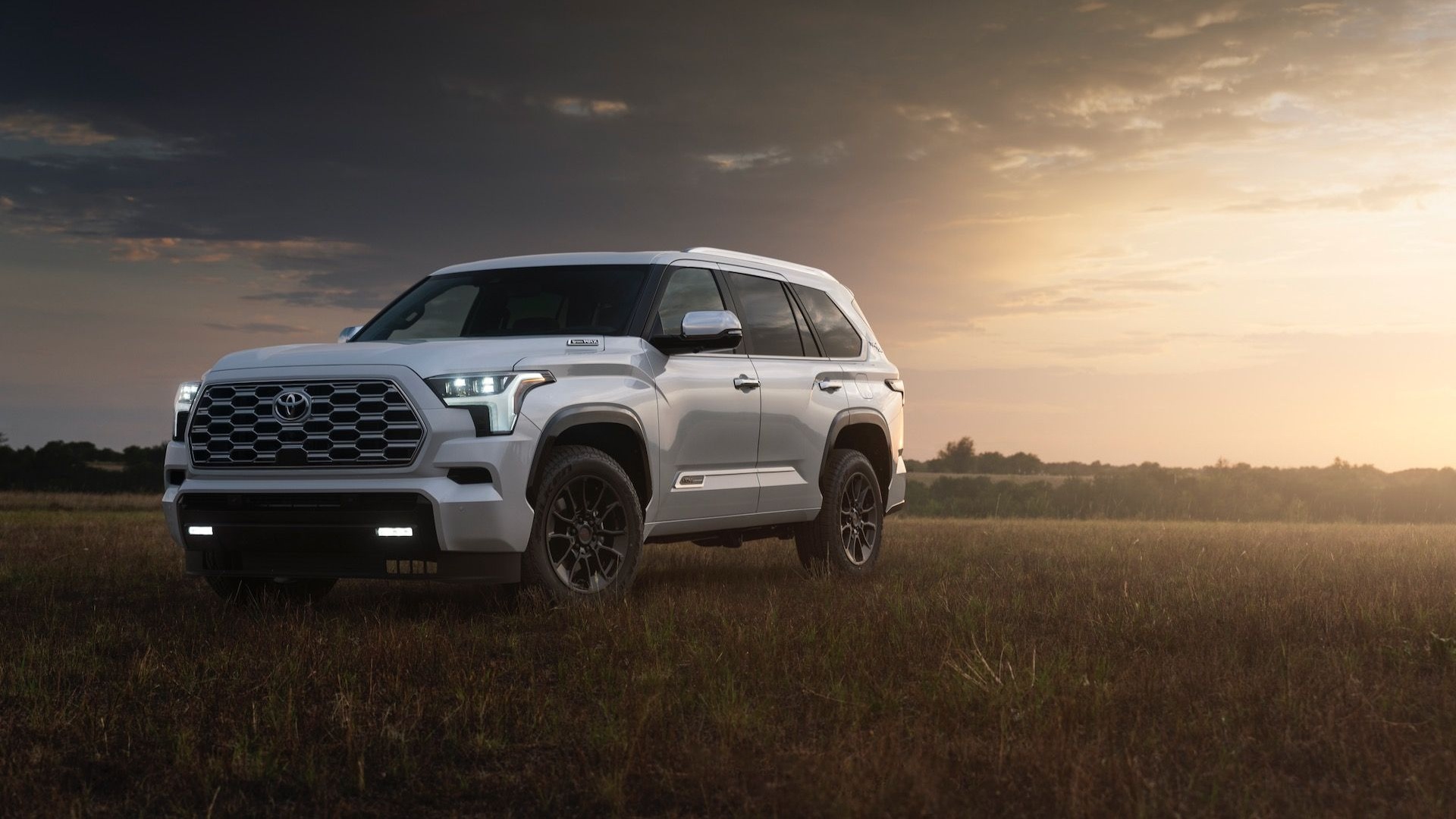- Nissan's taking a 25% stake in ChargeScape
- ChargeScape is a vehicle-to-grid joint venture formed by BMW, Ford, Honda, and now Nissan
- Nissan has a vision for the "fuel station of the future" where EVs would double as energy-storage units
Nissan on Monday announced that it will join ChargeScape, the vehicle-to-grid joint venture formed in 2023 by BMW, Ford and Honda.
The automaker is set to take a 25% stake in ChargeScape alongside the original automaker partners, which announced the official launch of the venture last month. That paves the way for ChargeScape to roll out software-based services for grid integration to EV owners in the U.S. and Canada.
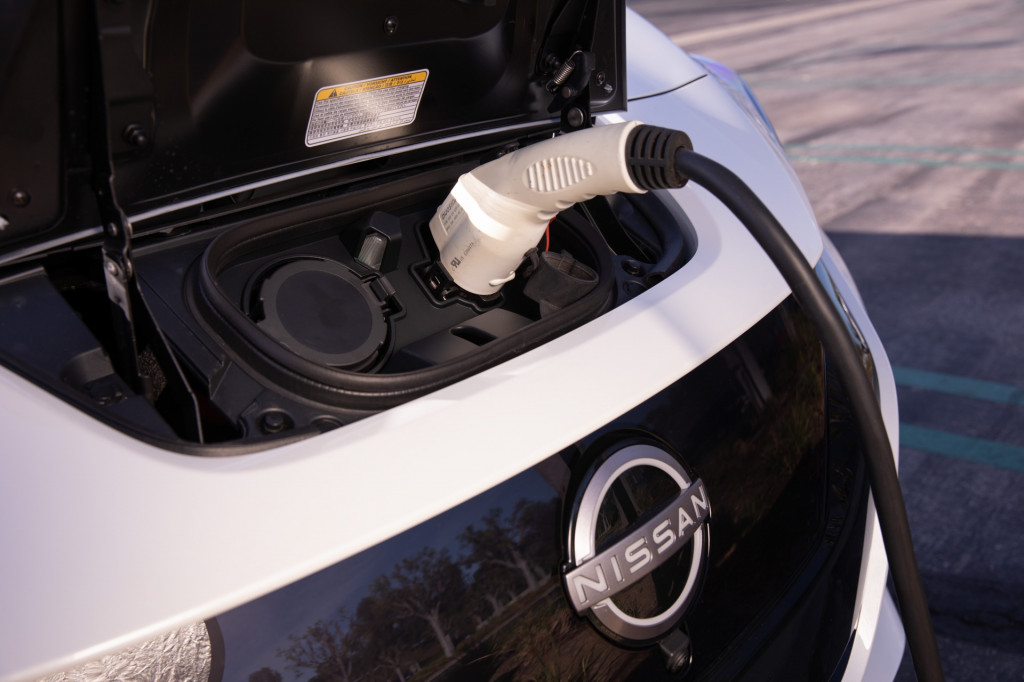
2023 Nissan Leaf
As articulated in the announcement of the company last year, ChargeScape's goal is to connect EV with electric utilities for "EV-enabled grid services" that include financial perks for owners who connect their vehicles to the grid, share data with ChargeScape, and provide power from their cars in coordinated ways to help support the grid. ChargeScape plans to launch "virtual power plants" in California, Texas, and other markets to achieve the latter goal, according to Nissan.
Feeding power from EVs back into the grid can help reduce emissions by lessening the need for "peaker" plants, Nissan noted. Used by utilities to bolster output when electricity demand is high, these plants are generally fossil-fuel powered and thus also significantly increase pollution, according to a 2023 report by the Rocky Mountain Institute (RMI).

2025 Nissan Leaf
The Nissan Leaf could play an important role here because it's one of the few EVs already offered with the bidirectional charging capability that's a prerequisite for vehicle-to-grid applications. Leaf hatchbacks have had the hardware for bidirectional charging since 2013, but Nissan didn't officially enable or endorse use of this feature in the U.S. until 2022—and only with certain chargers.
Integrating EVs with the grid has been discussed almost as long as modern EVs have been available. In 2016 Nissan unveiled an expansive vision of the electric cars as the "fuel station of the future," in which EVs would double as energy-storage units and help power buildings when parked. Perhaps ChargeScape and other ventures like it will finally make that vision a reality.
